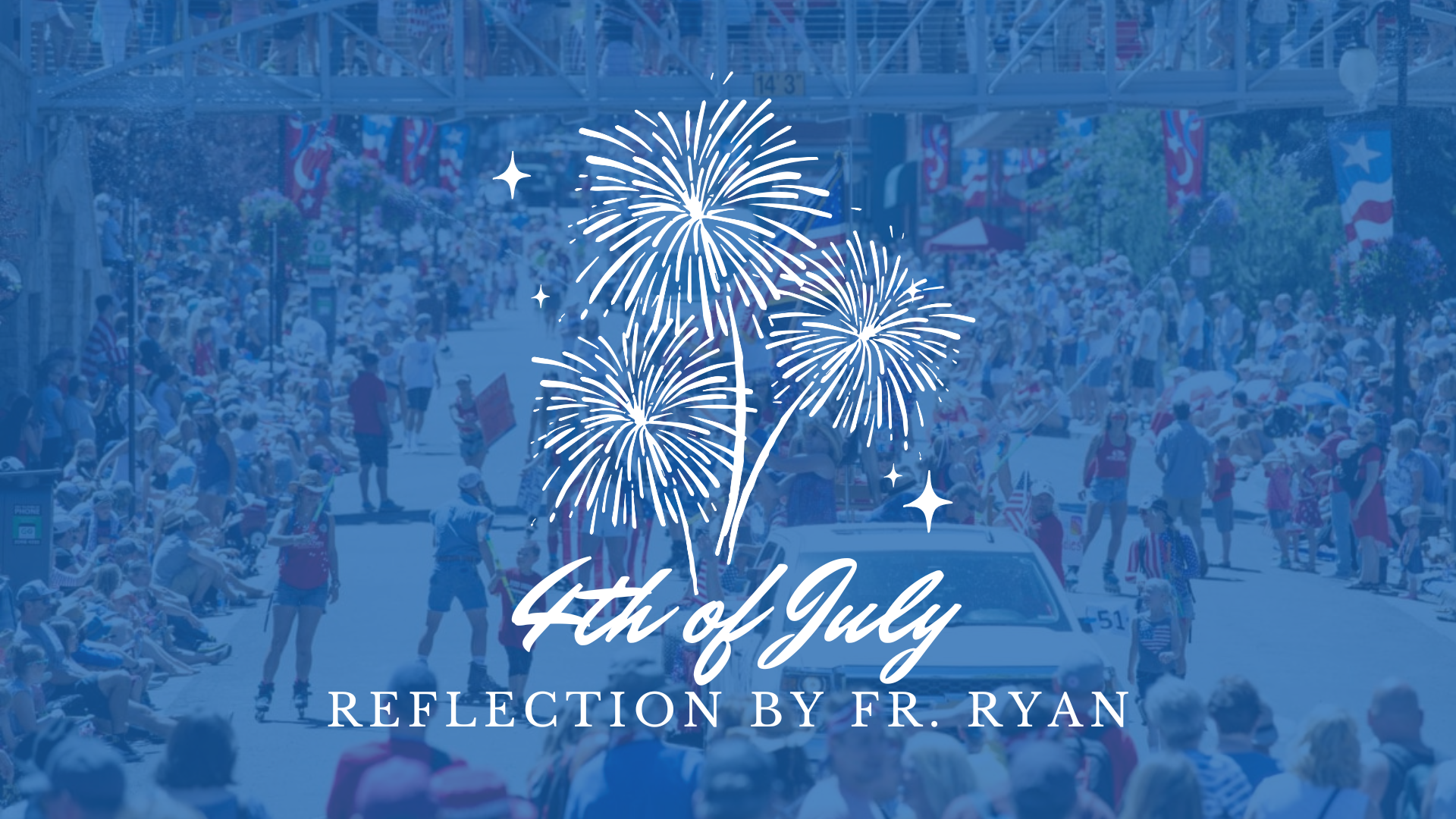A Reflection for the 4th of July
As we take time to pause and reflect on this 4th of July, I am reminded of one of my favorite memories of this national holiday. Just before our son was born 12 years ago, we moved into a diverse, urban neighborhood in Milwaukee called “Riverwest.” For a number of reasons, this little neighborhood was unique and close-knit. One of the ways in which this manifested was in their annual 4th of July celebration. Unlike the parades of my childhood, where we carved out our little space with our lawn chairs by the side of the road to watch floats and fire trucks drive by (a memorable tradition in its own right), the Riverwest parade was highly participatory.
Everyone was invited to decorate their bikes, strollers, and wagons and join in the parade! We all followed the neighborhood marching band and processed together as a community to the local park. There, we gathered for a giant party. Everyone brought chairs and blankets and grills and coolers. Root beer floats were passed out, donated by local businesses, people took turns riding stationary bikes retrofitted to provide electricity for the speaker system, a band played and people danced while the kids played in the nearby splash pad. The community truly came together to celebrate communally.
This memory came to mind for me as I have been listening to and reading Willie Jennings recently. In his commentary on Acts, Jennings talks about the “seduction of segregation”–the inability to find community and belonging amongst difference. “The single greatest challenge for disciples of Jesus,” Jennings says, “is to imagine and then enact actual together life, life that interpenetrates, weaves together, and joins to the bone.”
At first glance, this may seem an odd reflection for celebrating the day of our nation’s freedom and independence. But given the state of things with the recent supreme court rulings, the tumultuous election season that is upon us, and the constant influx of disturbing and/or anxiety-inducing headlines, we desperately need a vision for community that recognizes what Fannie Lou Hamer said once long ago: “Nobody’s free until everybody’s free.” Or as Paul says to the Corinthian church: “But God has so arranged the body, giving the greater honor to the inferior member, that there may be no dissension within the body, but the members may have the same care for one another. If one member suffers, all suffer together with it; if one member is honored, all rejoice together with it.” (1 Cor 12:24-26)
The “seduction of segregation” is strong in our culture at the moment–as we see in moves to criminalize homelessness and the rhetoric around immigration policy in the United States. But what if our public witness on days like today was marked by a desire to lean into community that doesn’t shy away from difference. Instead, it allows that difference, as Jennings says, to be “the very stage on which God will create a deeper and richer reality of communion with the divine life?” What if, as Father Shawn has said, our politics were marked primarily by love of neighbor? What if our understanding of freedom was shaped by Hamer’s conviction that our freedom is bound up in the freedom and flourishing of others?
These are the questions I am sitting with today, and I share them with you to consider as we celebrate together. My hope for our community is that we would bear witness to the kind of community that our world needs–one in which all suffer together when one member suffers, where nobody is free until everybody’s free, and where we share “actual together life” that is joined all the way to the bone. Jesus, make it so.
Happy 4th, Rez!!
The Rev. Ryan Boettcher

